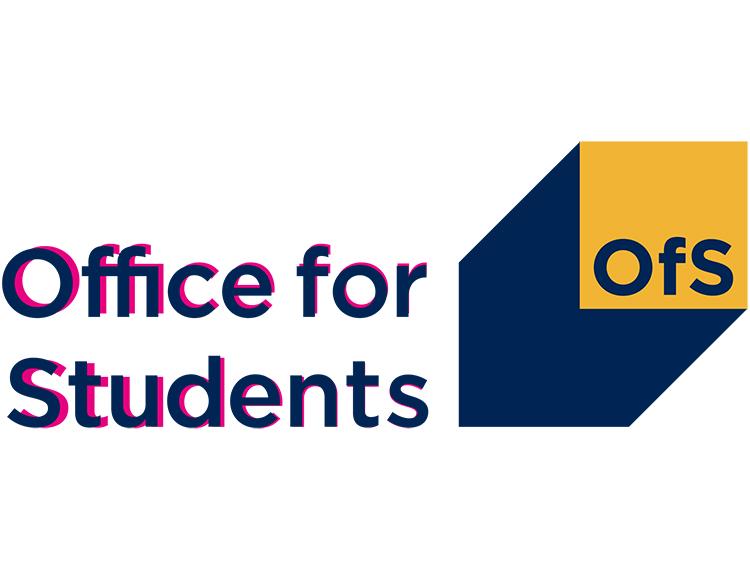Lower A-level grades from unconditional offers lead to higher dropout rates, warns regulator

The analysis finds that, even after controlling for a range of characteristics associated with dropout rates, A-level entrants who accepted an unconditional offer in 2017-18 had a continuation rate between 0.4 and 1.1 percentage points lower than would have been expected had they taken up a conditional offer instead. This translates to between 70 and 175 of the 15,725 A-level entrants placed through unconditional offers that year.
UCAS analysis published in December 2019 found that applicants holding an unconditional offer in the 2019 cycle were, on average, 11.5 percentage points more likely to miss their predicted A-level grades by three or more grades. Today’s analysis by the OfS suggests that this lower A-level attainment then results in higher dropout rates in higher education.
The OfS has also previously highlighted that ‘conditional unconditional’ offers – now banned until September 2021 because of concerns around unfair admissions practices during the coronavirus (COVID-19) pandemic – distort student choice and could be seen as akin to ‘pressure selling’.
Nicola Dandridge, chief executive of the OfS, said today:
‘It is becoming increasingly clear that unconditional offers can have a negative impact on students. Unconditional offers can lead to students under-achieving compared to their predicted A-level grades, choosing a university and course that may be sub-optimal for them, and ultimately being at increased risk of dropping out entirely.
‘Dropout rates are overall low in England, so this is a small effect. But we remain concerned that unconditional offers – particularly those with conditions attached – can pressure students into making decisions that may not be in their best interests, and reduce their choices. It is particularly important that we allow students the space to make informed decisions at this time of increased uncertainty, which is why we have temporarily banned ‘conditional unconditional’ offers during the pandemic.
‘It is in everyone’s interests for students to achieve their full potential at school, enrol on a higher education course that best fits their needs, interests and aspirations, and succeed on that course.’












Responses